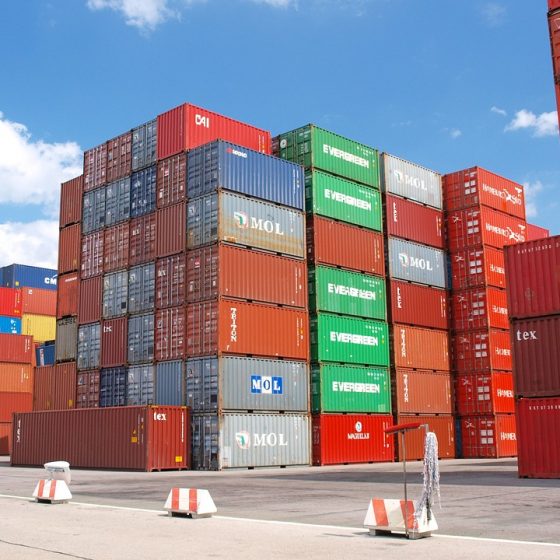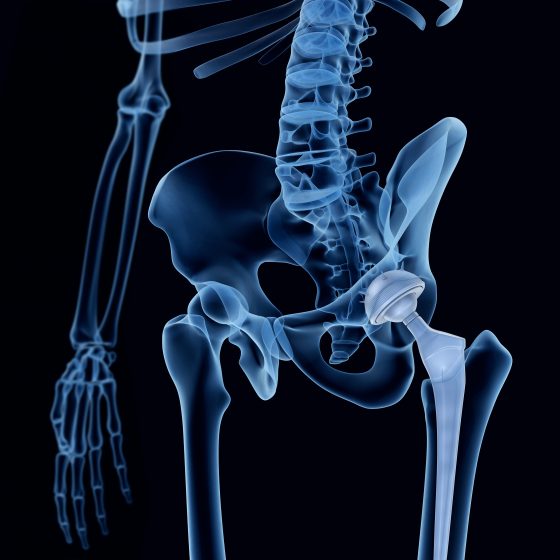Brexit: Be prepared for the end of the transition period
December 13, 2020
The very term ‘Brexit’ has now entered the international lexicon even gaining a formal dictionary definition. While few understand its precise details and full implications, the lengthy and contentious Brexit process has become synonymous with acrimony, confusion and huge uncertainty. It has also generated a good amount of satire and humour! While the political theatrics and posturing have been distracting and at times amusing, as the transition period draws to an end the serious and far-reaching implications of the UK’s departure from the EU will have very real costs and consequences – financial, social, legal and economic – especially for business and entrepreneurs.
At Gostyński and Partners we have spent the last few years trying to interpret and understand the impacts of Brexit on business and especially those based in the UK, who wish to continue their business operations in Poland and de facto, the rest of the EU. There still remains much uncertainty and this will probably remain for years to come. However, we feel confident to offer our valued clients’ advice and guidance, which will make the transition process more transparent and manageable, at both the legal and operational-practical levels.
Since everyone is sailing into largely uncharted waters it is certainly worthwhile to seek trusted expertise and professional advice, if only to avoid the potential ‘icebergs’ and hazards that lay ahead — some quite obvious and visible while many others, less so but equally dangerous!
The following is a brief overview (the first of many updates) on the Brexit status to date highlighting some of the major issues that business should consider and address, as we move forward into a new trading, legal and political environment – especially between the UK and Poland (EU).
From the 1st of January 2021, the United Kingdom will be outside the single market and the EU customs union. From that day onwards, the United Kingdom will no longer be bound by EU laws and regulations. The level of the divergence will be dictated whether there is a formal trade deal or no deal. This is yet to be determined at the time of writing.
Suffice to say, as of the 1st of January 2021, there will be inevitable and significant changes for business in the EU-UK trade relationship. Gostynski & Partners considers the following as important and urgent issues that will — to varying degrees– affect your business and trading partners.
1) First of all, there will be significant changes in the customs-related formalities when it comes to importing / exporting goods.
On the 1st of January 2021, the UK will cease to participate in the EU customs union. Consequently, the customs formalities required under EU law will apply to all goods entering the EU customs territory from the UK. On the EU side, border customs authorities will carry out controls under the EU Customs Code in line with the common risk-based system applicable to all other EU external borders when goods are moved from and to third countries.
These controls most likely will lead to increased administrative burdens for businesses and extended delivery times in logistics and supply chains.
From the 1st of January 2021, in order to complete customs formalities, EU-based businesses intending to import from the UK (or export to UK) will need to have an EORI registration number. In addition, AEO licenses and other UK authorizations will no longer be valid within the European Union.
Advice for your business:
-> take into account the increased administrative requirements and potentially longer time frames resulting from the customs formalities and procedures.
-> be prepared for significant changes in the organization of your existing supply chains.
2) VAT
After the end of the transition period, the UK will no longer be subject to EU VAT rules. Therefore, in relations between the EU and UK, transactions such as intra-community supply / acquisition of goods (B2C transactions) and mail order sales (intra-community B2C sales of goods) will no longer take place.
Please note that if the movement of goods from the UK to the territory of Poland (or vice versa) started before the end of the transition period and ended after that period, such movement will still be considered as an intra-EU transaction (intra-EU transaction B2C of goods taxable in destination or country of origin) for VAT purposes.
However, after the end of the transition period, pending movements of goods will have to be presented to customs in Poland and the UK. Customs may require the importer to prove that the dispatch or transport has started before the end of the transition period. With regard to the above-mentioned transfers, EU VAT regulations apply for a period of 5 years from the end of the transition period.
3) Excise Tax
After the end of the transition period, the EU rules on excise duties will no longer apply to the United Kingdom.
Excise duty on excise goods (alcoholic beverages, tobacco products, energy products, electricity, raw tobacco, liquid for electronic cigarettes, innovative products) and passenger cars will be payable upon their importation into the EU and collected upon their release to the market.
From the 1st of January 2021, the import of excise goods and passenger cars from the United Kingdom to the territory of the EU (and the export of excise goods and passenger cars from the EU to the United Kingdom) will be considered as imports and exports from / to a third country. This will result in the need to comply with the formalities specified in the provisions of the customs law.
Advice for your business:
-> bear in mind that your company’s supply chain will need to be modified andprepared for extended deadlines resulting from the additional formal procedures;
-> you should close the ongoing operations of movement of excise goods under the excise duty suspension arrangement as soon as possible after the end of the transition period – it is recommended that this be done by the 31st of May 2021 at the latest;
-> take into account that the currently existing regulations related to the EU excise duty system will no longer be applicable to the UK:
– registration and issuance of authorizations in SEED (Excise Data Exchange System) will no longer work,
– business entities based in the UK will not be able to carry out intra-EU cross-border operations of movement of excise goods under the excise duty suspension arrangement and outside the excise duty suspension arrangement based on EU documents,
– the EMCS system and the excise security used for the movement of excise goods under the excise duty suspension arrangement will not operate between the United Kingdom and the EU Member States (please note that until the 31st of May 2021, in order to clarify the issues related to movements of excise goods started but not completed at the end the transitional period, the EMCS System will allow for sending to and from the United Kingdom reports on pickup and drop-off as well as messages on uncompleted movements).
4) Certificates / marking and labelling of goods
From the 1st of January 2021, the EU and the UK will become separate legal areas. This means that all products exported from the EU to the UK will have to comply with UK regulations and standards.
Consequently, they will be subject to all relevant controls to ensure compliance with the UK import regulations. Likewise, all products imported from the UK into the EU will have to comply with EU rules and standards and will be subject to all appropriate controls to comply with safety, health, environmental and other regulations.
Advice for your business:
-> from the 1st of January 2021, all EU businesses must comply with the relevant UK laws;
-> when importing goods from the UK you should transfer the certificates and authorizations issued by the UK-based office to the EU-based office or apply for new certificates or permits;
-> make sure products placed on the EU market are properly labelled;
-> make sure there are no additional restrictions imposed on third countries on goods imported / exported from the UK
5) Jurisdiction in commercial contracts
Last but not least, please note that in the current situation, it is possible to smoothly enforce commercial judgments issued by UK courts in EU countries. While many trade agreements establish UK jurisdiction in case of disputes, from the 1st of January 2021, EU rules facilitating the cross-border recognition and enforcement of judgments in the EU and the UK will no longer apply. Enforcement in the EU of UK judgments may not be as swift as it is now.
Advice for your business:
-> review and (if needed) amend your contracts which may have UK jurisdiction;
-> note that UK judgments may no longer be as readily enforceable in the EU as it is now.
Just as the Brexit political saga has been extended and tortuous, so will many of the legal and business-related adjustments required to maintain efficient trading and business relationships across this newly re-established border. The changes required will be extensive and in some cases, costly and complex. However, they are not insurmountable. They will require foresight, careful planning, thorough research and a complete understanding of the legal conditions and requirements on both sides of the border.
At Gostynski and Partners we pride ourselves on having a close and trusted working partnership with all of our clients, many of whom are in the UK. The momentous changes brought on by Brexit presents a generational challenge and the depth of the challenge has only been deepened by the far reaching economic and social impacts of the pandemic.
We certainly do not claim to have all the answers. Nevertheless, we are committed to working closely with our clients to steer and navigate their diverse business and investment interests towards more certain and ultimately profitable situations. Indeed, this will be a work in progress for months and years to come. We can at the very least provide the best available insights and legal counsel combined with the most valuable attribute; namely, peace of mind.
We look forward to working with you in building a successful and profitable post-Brexit future.







